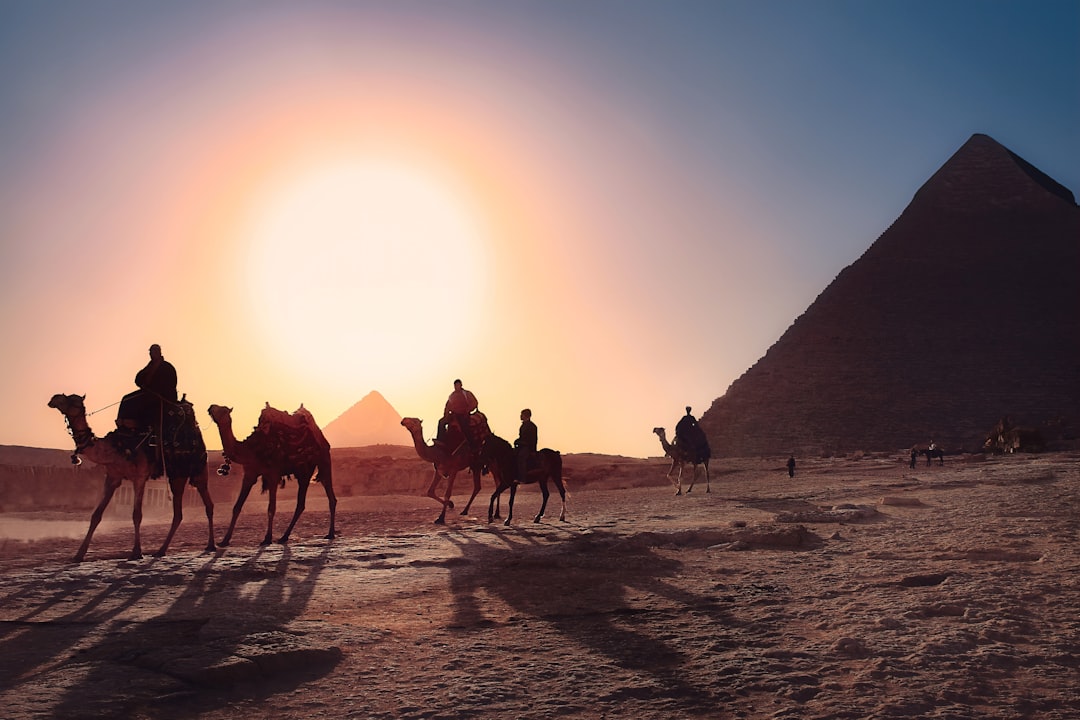September 26
2 Samuel 22; Galatians 2; Ezekiel 29; Psalm 78:1–3

Ezekiel 29
Ezekiel is to prophecy against Egypt (2), and the message is illuminating, both for its lessons for the nations, but also in displaying the complex ways that God works. Egypt will be judged for two sins:
First, Pharoah is simply full of pride. He thinks he is the Creator and the Owner of the Nile and all his land: “My Nile is my own; I made it for myself” (3). Pride that de-gods God is the taproot sin beneath every other sin. Every nation will answer for it. This is what made America exceptional: it was the first great power that ironically said that we are not exceptional. But since then? We too must learn the lessons of Egypt.
Secondly, out of that taproot sin grows the abuse of others. Everyone within the blast radius of such pride suffers. Such was the case for Israel (6-7). Egypt became to them a reed that both cut them and yet also could not be trusted. When the pressure was on, Egypt buckled, and Israel suffered. Note that the entire country is held responsible by God. God does not think just in terms of individuals, but also in covenants.
In our day, the United States promised to protect post-USSR Ukraine, if she gave up her nukes.1 Will we keep that promise? God wants to know.
For Egypt, the punishment for being a proud but broken reed was that she became payment for God’s “employment” of Nebuchadnezzar and Babylon against Tyre (18-20). Behind all complex geopolitical movements is a sovereign God, who works all things according to the purpose of His will (Eph. 1:11).
This was under President Clinton.

